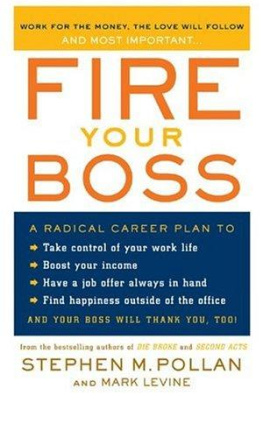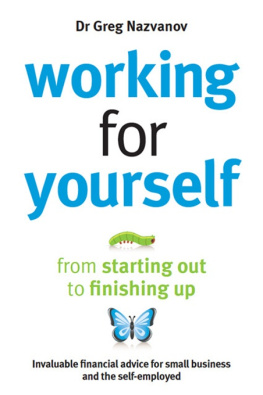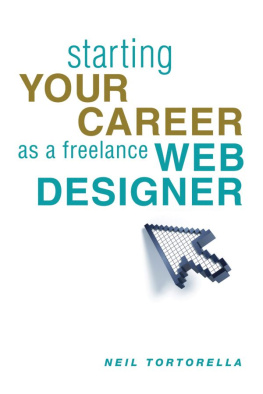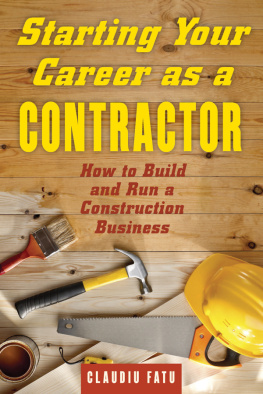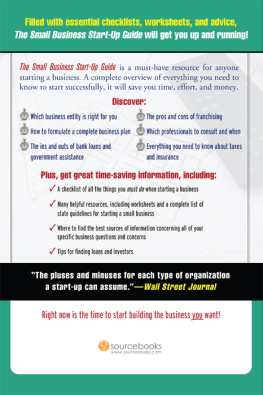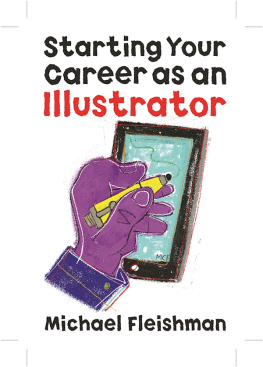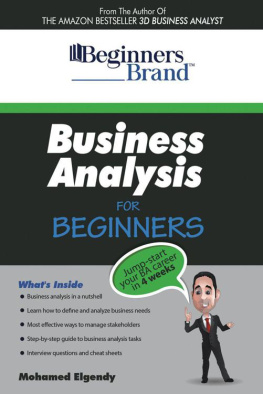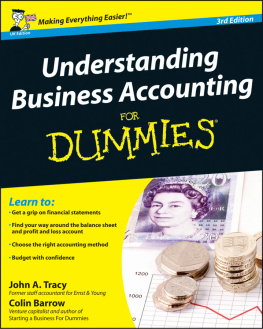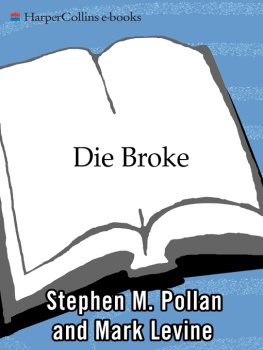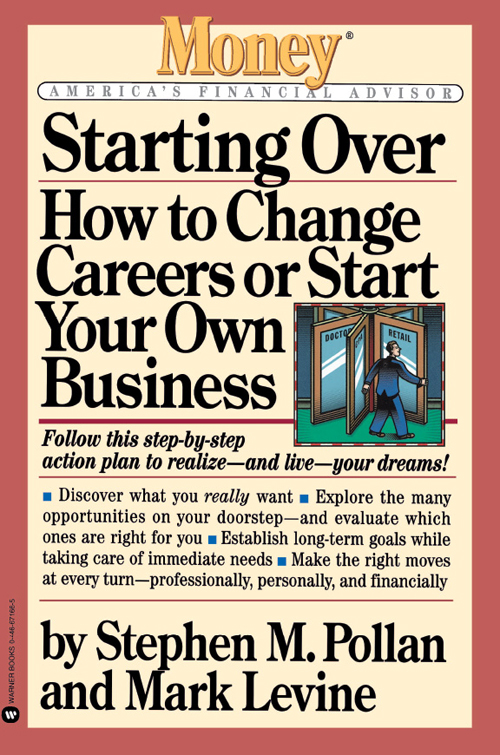A NOTE FROM THE PUBLISHER
This publication is designed to provide competent and reliable information regarding the subject matter covered. However, it is sold with the understanding that the author and publisher are not engaged in rendering legal, financial, or other professional advice. Laws and practices often vary from state to state and if legal or other expert assistance is required, the services of a professional should be sought. The author and publisher specifically disclaim any liability that is incurred from the use or application of the contents of this book.
Copyright 1997 by MONEY magazine
All rights reserved.
Warner Books, Inc.,
Hachette Book Group
237 Park Avenue
New York, NY 10017
Visit our website at www.HachetteBookGroup.com
First eBook Edition: September 2009
ISBN: 978-0-446-56500-4
Almost everyone has been there at some pointstuck in a job that is too boring, too low-paying, or simply too dead end. But how can you make a career-change decision that is reasoned, realistic, and achievable? Using charts and a ratings formula, this book gives you the objective tools to examine your career and re-engineer your lifewith clear answers to such questions as:
- How long will it take me to find a new job?
- Which industries should I start into?
- What is the best way to prepare for a job interview?
- How risky is starting my own business?
- When should I make the change?
Alternate Selection of Money Book Club
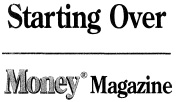
Other books in the
Money Americas Financial Advisor series:
How to Retire Young and Rich
401(k) Take Charge of Your Future
Paying for Your Childs College Education
The Right Way to Invest in Mutual Funds
Dollar Pinching: A Consumers Guide to Smart Spending
Car Shopping Made Easy: Buying or Leasing, New or Used
To every person who says I hate my job and has the guts,determination, and prudence to do something rational about it.

The authors would like to thank Richard Eisenberg and Rick Wolff for their advice, Stuart Krichevsky and Jane Morrow for their guidance, and Corky Pollan and Deirdre Martin Levine for their unflinching support.

I ts obvious there are monumental changes rocking the workplace today Nearly every magazine writer, every academic, every manager, and even every politician is telling us all about the workplace revolution thats taking place.
Youve heard corporate paternalism is dead and how glad we should be about its demise: well now be able to spread our wings and not be inhibited by that overbearing parent.
Youve read were no longer limited to climbing one specific corporate ladder and that well switch jobsmaybe even industries or careersthree, or five, or seven different times during our lives.
And its likely youve seen all the books, by academics and career experts, seeking to define this workplace revolution with a catchy name and an insightful philosophy guaranteed to go over well on Oprah.
Im sure none of this comes as a shock to you. Youd have to be deaf, dumb, and blind not to have realized the job market has changed. But whats shocking, at least to me, is that nobody is focusing on the nuts and bolts of this revolution.
Ive seen hundreds of articles and almost as many books discussing the reasons why the workplace has changed and what the job market will look like in the year 2050. Optimists talk of a nation of entrepreneurs living in pastoral cabins, commuting to work by modems and fax machines. Pessimists write of the end of work as we know it and predict class warfare unless we enact equally dramatic shifts in public policy. But nobody is writing about how the 45-year-old product manager for Acme Inc. deals with this revolution.
Sure, its fascinating to read about the future and debate the sociological ramifications of what s going on in the workplace. It can be equally interesting to sit down with a career counselor and, through fantasizing and role-playing, come up with a description of your dream job. But neither helps you if youre sitting at your desk worrying about when the ax will fall, knowing that when (not if) it does, youre going to have an incredibly tough time finding another job. And even if youdo find a job, its probably going to pay a lot less and not offer anywhere near the same kinds of benefits youre getting now.
Ive written this book to fill that void.
Let me say right up front: Im not a career counselor. And Im certainly not an expert on the sociology of the workplace. What I do is help people solve their problems. For more than three decades Ive been offering advice, guidance, and empowerment to clients as an attorney and financial consultant. I help people buy and sell homes, start businesses, plan home renovations, negotiate contracts, and, for the past few years, deal with career crises.
Ive helped clients negotiate employment contracts and severance deals. Ive helped clients quit when they were forced to, get new jobs when they had to, and start businesses when they wanted to.
At least once a week for the past two years someone calls my office to make an appointment, saying, I hate my job. I want to speak to Stephen about what I should do. And I help them decide.
Dont get me wrong. I dont have a miracle cure for job dissatisfaction. And Im not qualified to dig into your psyche and help you come to terms with your deep-seated desire to be a juggler. What I have is an approach. I sit down with a client and together we figure out whats upsetting him, what his options are, what the best solution is, and how he should go about enacting it.
Clients come to me for quick results, for solutions to their problems. Theyre looking for shock treatments, not long-term therapy or preventive medicine. Thats what I provide them withand what ill provide you with in the rest of this book.
If youre looking to find out what your dream job is, or what youd be perfect doing, youve picked up the wrong book. But if youre in pain and want that pain to stop, now, youre in the right place. Rather than focusing on you and your emotions, I focus on your job and your pragmatic options.
Im well aware of the potential benefits of long-term counseling and getting in touch with your inner feelings about your career. Ive the utmost respect for career counselors. But in these frenetic and dangerous times long-term solutions simply take too long to accomplish. Halfway through your career counseling, while youre still trying to determine whether youre a motivator or a builder, youre apt to be fired or laid off.
If traditional career counseling is like traditional psychotherapy, my approach is like cognitive therapy: together, you and I will focus on one problem and try to solve it. And in this case, the problem is your job.



